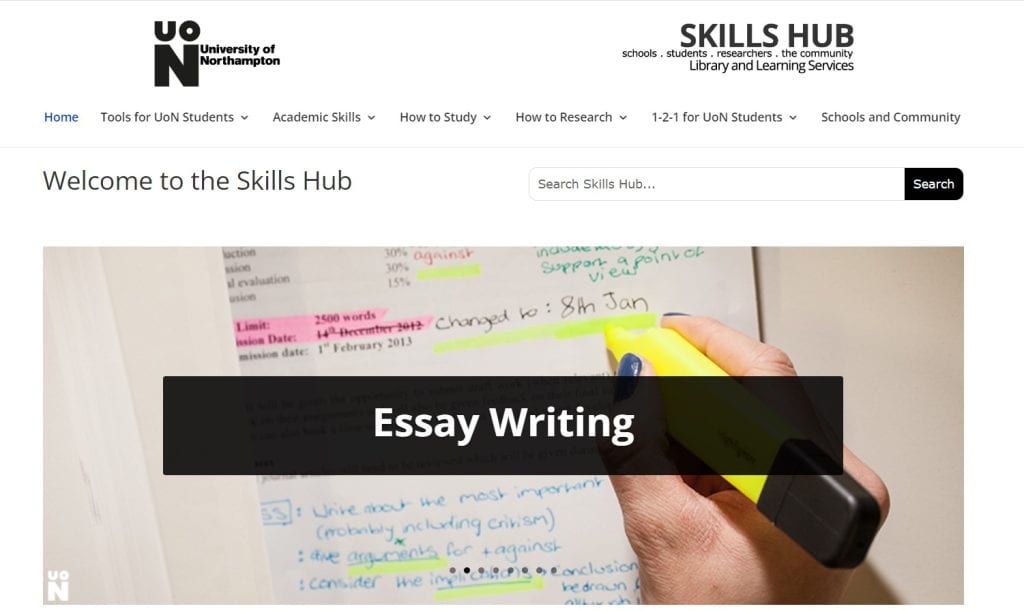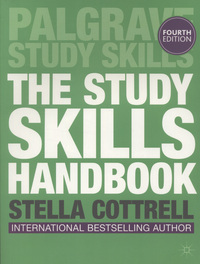Some reminders about the first day on the FDLT course.
Where should I come to on the first day?
The first day of the FDLT Y1 course is in week beginning September 8th:
Tuesday 9th September 2025 will be your first day of study. You are timetabled to be with Adam Chapman at 9am. You are in SN206, a second floor classroom in Senate.
You will be told which room to look for at enrolment and induction on Saturday 7th September – should timetabling changed changed which room you will be in.
What will happen on the first day?
On your first day you will meet one of the FDLT tutors, Adam Chapman. You will have met him on Saturday. I will guide you through the day which comprises of three sessions, the morning sessions (9am-11am and 11am-1pm) and the afternoon session from 2pm until 4pm.
What should I bring?
You must bring your university ID badge and lanyard that will have been given to at enrolment on Saturday 6th September – this will allow you to access the rooms you need to find. You should also bring a pen, something to make notes in, your laptop and the reading and other paperwork that we gave you at the induction day.
You might like to bring a drink and snacks although there are a wide range of refreshments available to buy at Waterside if you prefer.
What if I have any worries or questions?
It is natural to feel nervous when you are embarking on a new part of your life. Starting at university is a big step but you have all applied for and been offered a place on the course because it is the appropriate next step for you right now. There will be lots of people supporting you at home and at school and you will find that there are lots of people here at university to help you too, both as part of the course and in the wider organisation.
If you have any immediate concerns or questions ask us at enrolment and / or email the Admissions Tutor, Adam Chapman, Adam.chapman@northampton.ac.uk or the course leader, Abbie Deeming, abbie.deeming@northampton.ac.uk
We are looking forward to meeting you and working with you on the FDLT course.



